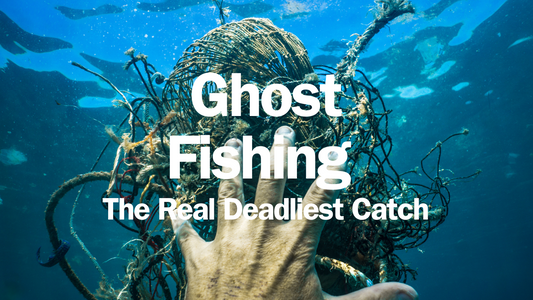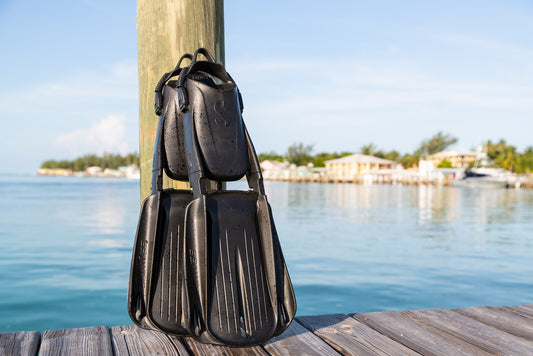How Can Scuba Divers Help Protect Reefs?
Today is June 1st, do you know what that means? It’s Reef Awareness Day! As great lovers of the ocean, we believe that it’s important to celebrate this day by discovering ways in which we, as divers, can help to protect what we love by sharing some fun facts about coral reefs and why it’s important that they need protecting.
Why Are Reef So Special?

Reefs are very special. Not only are reefs beautiful and extraordinary to look at, but they also play a vital role in keeping our oceans, and us, healthy. So here’s a few ways on how reefs play an important role in our oceans:
- A quarter of all marine species live on coral reefs, so if reefs are destroyed, a lot of marine species are threatened.
- They act as a barrier to shores from the ocean as they protect coastlines from storms and erosion.
- Coral reefs are among the most biologically diverse and productive communities, often referred to as the rainforests of the sea.
- Half a billion people depend on reefs for food and income, and about 30 million of us are almost completely dependent on coral reefs.
- They are the source of nitrogen and other essential nutrients for marine food chains.
- Many important ingredients for medicines are also found in coral reefs.
- They’re amazing for tourism, as snorkelers, divers, freedivers and ocean lovers love to explore and discover them.
How Can We Help Reefs When Scuba Diving?

Unfortunately, many reefs are under threat due to global warming, habitat destruction and destructive fishing, just to name a few. Luckily, us divers can aid efforts for helping, conserving and rebuilding reefs globally! Here are a few simple things to keep in mind when you’re diving.
- Control your buoyancy: Learn how to properly control your buoyancy so that you don't accidentally bump into any corals.
- Never touch the reefs: Touching reefs can potentially lead to breakage, so don’t touch, just observe.
- Wear reef-safe sunscreen: Most sunscreen damages reefs and causes bleaching. Choose a reef-safe option so that you don’t unintentionally damage the reefs when diving.
- Maintain awareness of your surroundings so that you don’t accidentally bump into corals and damage them.
- Get involved in reef restoration projects. With many projects worldwide you can help coral nurseries, helping with maintenance activities and transplanting corals to the designated restoration areas.
- Take pictures on all dives. By taking pictures and showing others the beauty of coral reefs you’re helping to spread the message of why it’s important to protect them
How Can We Help Reefs From Home?
One of the biggest things us divers can do is to spread awareness of the importance and beauty of coral reefs. Doing this by sharing your underwater stories and taking pictures on all dives to educate others. Or you can simply share this blog on your socials to educate others! Here are some other ways in which you can help coral reefs from home:
- Reduce your carbon footprint. Coral reefs are being directly affected by the amount of greenhouse gases in our atmosphere. So it’s important that we reduce our carbon footprint as much as possible. A few ways which this can be achieved are: walk wherever possible, buy sustainable products and unplugging electronics when not in use.
- Reduce, reuse and recycle! And participate in underwater and beach clean-ups to reduce plastic potentially ending up in our oceans.
We’re Here to Help
Many reefs are under threat so us divers need to do the best we can to help our ocean’s reefs. If you have any more advice on how to help reefs, make sure to comment your tips and advice in the comments.
If you have any questions about reefs, conservation methods or any of the topics mentioned, please reach out to us at support@mikesdivestore.com where we have a team of scuba diving professionals, here to assist you with any questions that you may have.




